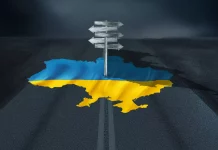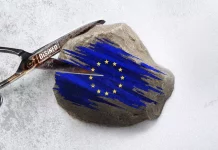
Latvian authorities shut down Russia’s pro-Kremlin news site Sputnik on March 29, calling it a “propaganda tool” and drawing an immediate rebuke from Moscow.
Latvia’s local domain registry suspended Sputnik’s right to hold the news site Sputniknews.lv, which was established only a few weeks ago to reach out to Latvia’s large Russian-speaking minority with articles in Russian and Latvian.
“We don’t regard Sputnik as a credible media source but as something else: a propaganda tool,” Latvian Foreign Ministry spokesman Raimonds Jansons told AFP.
Russia’s Foreign Ministry called the decision “blatant censorship” and insisted “the Russian mass media adheres to the highest standards of professionalism and ethics.”
Riga “once again, with the tacit inaction of leading human rights organizations, is ignoring its convention obligations to ensure media pluralism and freedom of speech as it continues to target Russian mass media in Latvia,” the ministry said.
Latvia has banned Russian media before, having shut down Russian state television broadcasts for several months in 2014.
The Russian Embassy in Latvia called the move against Sputnik “groundless” and said that Latvia had started “an information war.”
Latvia’s domain registry decided to shut the site after receiving a letter of concern from the Latvian Foreign Ministry, which drew attention to Sputnik’s coverage of Ukraine and routine denial of the embattled nation’s territorial integrity.
The ministry questioned whether the coverage might constitute a breach of European Union sanctions on Russia, which were imposed over Moscow’s annexation of Crimea in 2014.
“We wrote pointing out our opinion that the fact that the head of Sputnik, Mr. [Dmitry] Kiselyov is on the sanctions list of the European Union was something that needed to be taken into account” in deciding whether to register the site, Jansons told AFP.
By RFE/RL





